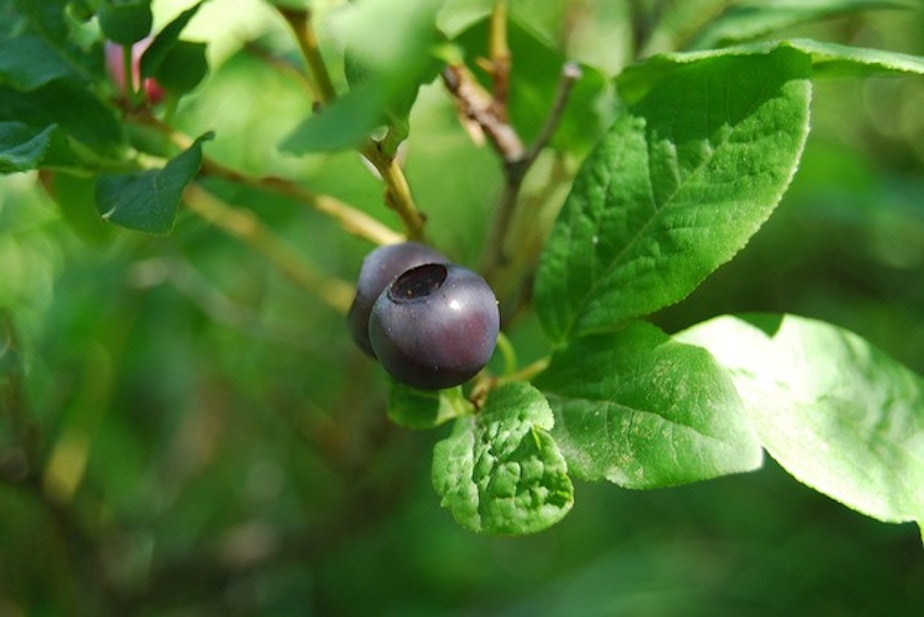David v Goliath: How to beat a big hospital (using small claims court)

Huckleberries.
As late summer officially arrives in the US, many folks in the Northwest are heading to higher elevations on the hunt for a patch of sweet, purple huckleberries.
Cousins of both the cranberry and blueberry, huckleberries grow wild across Oregon, Washington, Idaho and parts of western Montana and western Wyoming. The season is short — usually from early August to late September — and the hunt for berries has to happen at higher elevations, usually between 4,000 feet and 6,000 feet.
But if you’re not feeling up to foraging, you can sometimes buy the berries from farmers markets and rural country stores. That’s if you can get past the sticker shock. Huckleberries can sell for upwards of $10 per pound. And part of that may be because researchers haven’t been able to be domesticate the wild berries for commercial production — yet.
Dr. Amit Dhingra is hoping to change that, and has been researching the humble huckleberry at the Department of Horticulture Genomics Lab at Washington State University since 2013.
“There were so many theories that you could not take a wild huckleberry plant and grow it in another environment,” Dhingra said. “I’ve always loved challenges and that’s what got me interested, because it hadn’t been done.”
But Dhingra had another motivation to research huckleberries too. He wants to create a healthier berry for Northwest farmers to grow in the future
“Huckleberries have approximately four times more anthocyanin ,”said Dr. Dhingra.
That not only gives them a deeper color and richer flavor, it also packs huckleberries with more antioxidants.
And for someone who’s never tasted the berry?
“These berries have a legendary flavor and a very strong profile that people love," Dhingra said, laughing. "I just had my huckleberry ice cream last night.”
To learn more about Dhingra’s research, listen to the full conversation by using the audio player at the top of this story. [Copyright 2018 Oregon Public Broadcasting]



